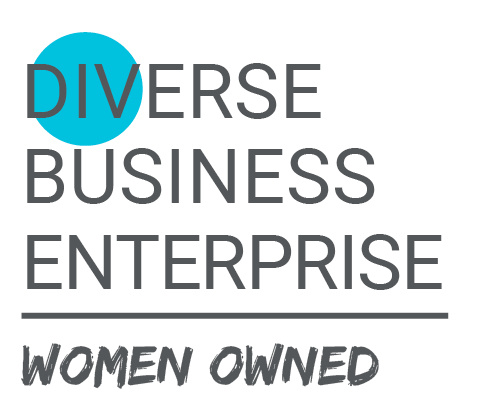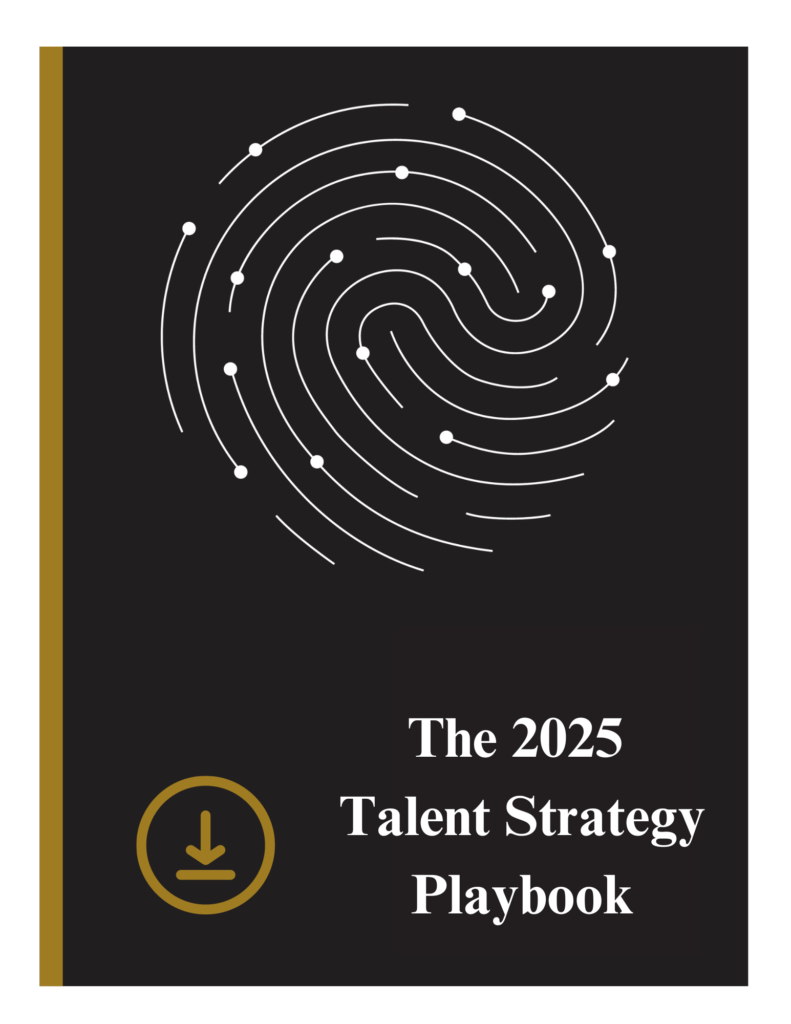Everything You Need to Know about Compensation Benchmarking
One of my favorite people quotes is by Richard Branson and provides the start for your best ever compensation philosophy, “Train people well enough so they can leave, treat them well enough so they don’t want to.” Compensation is a critical component to employee engagement and retention, but its important to remember, it isn’t the whole picture. Employees rarely leave for a singular reason, but rather of host of reasons that once compiled, launch them into the market as job seekers. If you’re an organizational leader who wants to retain employees, you need to look at all the aspects of employee engagement. But, to get you started, let’s jump into compensation.
What is a Compensation Philosophy?
Every company needs a business, culture strategy, engagement strategy and a total rewards strategy. Buried in your total rewards strategy, you also need a compensation philosophy: a formal statement on how you will consistently and fairly approach compensation.
A compensation philosophy determines how you pay compared to market. It’s always the same answer to “why” when any employee or prospective employee asks about pay. Some organizations’ philosophies are to lead the market with generosity and out pay their competitors in highly technical and competitive industries. Others pay at market and others still pay below market so they can lead with culture. Regardless of the philosophy you chose, the key is to use it to keep you highly consistent. Staying highly consistent allows for autonomy, easier/better negotiations, stronger internal equity and gender equality, and better culture and engagement. Let’s break it down!
Autonomy: If you have a well-documented and consistent compensation philosophy, compensation decisions can be made by virtually anyone an organization designates. This allows for speedy offers to candidates that minimize productivity losses and frees up the hierarchy and executive team from making compensation decisions.
Easier/better negotiations: When you have a solid compensation philosophy your team can better identify the negotiation levers available to them, they can act autonomously, and they can stand firm when discussing compensation early on.
Internal Equity: When everyone is offered consistent pay based on a standard practice you close the gender gaps and pay inequality. True story, I once worked closely with a manager who was making less than all of her subordinates, when she challenged her supervisor on why she was paid less than her team, she was told, “you didn’t negotiate well enough.” Your employees shouldn’t have to negotiate their pay to be paid fairly and consistently across the organization.
Better culture and engagement: If you have a strong compensation philosophy, this should be openly shared with your employees. It gives them faith that they are being treated fairly. Not surprisingly, more often employees leave organizations because they felt their company was not “proactively fair” regarding compensation—meaning employees leave more often because they had to ask for fair compensation than the actual fact that their compensation wasn’t fair.
So, what’s the major key to success in compensation and compensation philosophies? You absolutely must do regular (valid) benchmarking. The market price for every single position in your organization is increasing and decreasing simultaneously every single quarter.
If you do not perform regular, valid benchmarking, in two years’ time, the compensation ranges you set and the compensation of your employees will have no validity and be well outside of whatever compensation philosophy you set.
What’s valid benchmarking?
Let’s start with what isn’t. Asking your uncle Joe, who is an Engineer, what he makes so you can hire an engineer for the same price is not valid benchmarking. Searching open jobs on job platforms that list their pay range is not valid benchmarking.
A valid benchmarking is done by a third party who has active participation from companies in your industry, in your geographic region—these are called compensation surveys and you should participate in them as well.
Why is that so important? Because that’s the actual pay range of your talent pool and prevents talent from “setting their own price.”
How so? Here’s an example: If you’ve benchmarked that same Engineer role with a valid tool for $100,000 salary, you know that based on varying compensation philosophies of companies in your geographic region, you’ll be able to hire an Engineer for around $100,000. From here, it’s basic economics, so when a candidate presents at a $175,000 salary, you’ll know this candidate is out of range for you and everyone in your geographic region and as a result creates the appropriate ceiling and levels out supply and demand.
Steps to Compensation Benchmarking
Follow our easy steps or contact one of our talent consultants to partner with you through the process!
- Establish your compensation philosophy and get alignment from key stakeholders.
- Find a valid, third-party compensation survey to use as your formal benchmark.
- Identify all your jobs internally and match with jobs within the survey.
- Set and document compensation ranges internally.
- Identify employees below compensation ranges and adjust compensation for employees below the compensation range.
- Identify employees above compensation ranges and monitor and freeze compensation for employees above the compensation range. We recommend discussing this openly with these employees and discussing growth opportunities for future earning potential.
- Stay consistent with your newly set compensation ranges
- Benchmark annually at minimum or as frequently as your market changes.



















